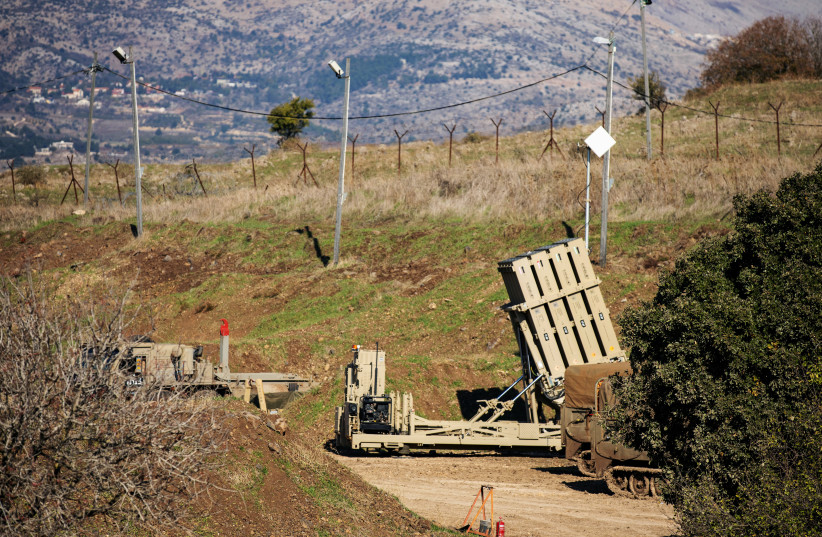In a welcome and necessary move that stabilizes the government and provides a degree of calm when it is most needed, Prime Minister Benjamin Netanyahu this week rescinded his decision to fire Defense Minister Yoav Gallant. Israel recently has faced a series of attacks on various fronts and retaining the Defense Minister is an important step. It illustrates the kind of forward-thinking compromises that this government should continue working toward.
Netanyahu said that working closely with Gallant over the past week of security tensions offered an opportunity to smooth over the problems. “In recent days, we worked together and stood together around the clock on all the fronts against the security challenges,” Netanyahu said. He noted that there were disagreements in the past but that he has chosen to leave those disagreements behind. Gallant will remain Defense Minister and, together with the rest of the government, will work on issues of critical importance to the country.
Putting country first
That these two key figures for Israel’s security are putting country first should reassure the public and also make Israel’s adversaries think twice about challenging the country. Iran and its allies have been seeking to undermine Israel’s security in the last month. These are enemies that are known to Israel and with which we have contended in the past. It is also clear, however, that Iran, Hezbollah, Hamas and other terrorist groups are trying to test Israel in new ways. At a time like this Israel needs a stable team at the top to guide the Defense Ministry, security forces and other institutions that protect us from external threats.
At the same time, foreign threats are not the only thing that matters to Israel. We are grappling with intense domestic disagreements and ongoing protests against attempts to reform the judicial system. Gallant had warned last month that the mass protests and attempts at judicial reform were impacting the security forces. He had said that he saw the source of Israel’s strength eroding and that rifts in society were penetrating the IDF and leading to a “tangible threat to the security of the state.”
We do not know whether Iran, Hamas and others saw Israel’s domestic political crisis as a reason to increase their attacks in recent weeks. We do know, however, that Iranian pro-regime media has been pushing propaganda that portrays Israel being on the brink of collapse. It takes time to organize the firing of rockets at Israel and mobilize groups in Lebanon, Syria and elsewhere, and Iran is always looking for an opportunity to operationalize these types of attacks.

It is important to learn from the crises of recent weeks that we are stronger as a society when we are unified and the country’s security should never be politicized. During the protests against the judicial reforms, there were several incidents in which the crisis threatened to impact the state’s reservist pool and other key forces necessary for defending the country. The Prime Minister, Defense Minister and other top officials should learn from those unsettling developments and seek to address them. As a democracy, we need to be able to disagree, even vehemently, without having the disagreements reach the crescendo seen in late March. We now know that we can put politics aside when necessary.
The key lesson of the Gallant reinstatement is that we can bridge the political divide when we take a long view that involves compromise and seeing the bigger picture. Gallant’s dismissal was a poor decision made in haste. Clear heads have now prevailed and the crisis appears to be behind us. Now it is essential that the Prime Minister, Defense Minister and others work closely together in the coming months as the country continues to face a variety of threats and may once again see domestic rifts grow in the coming weeks.
